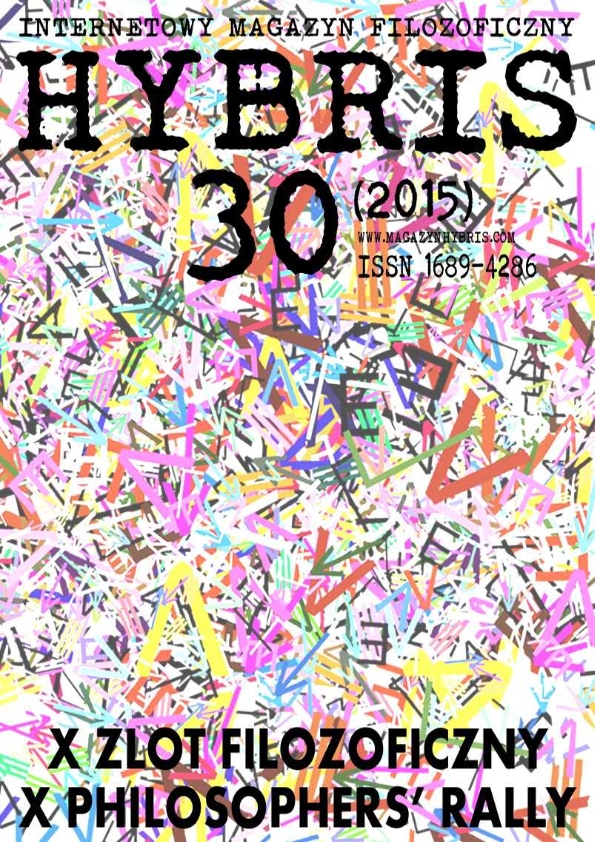HOW MUCH DO WE LEARN ABOUT HALLUCINATIONS FROM THOUGHT-EXPERIMENTS?
HOW MUCH DO WE LEARN ABOUT HALLUCINATIONS FROM THOUGHT-EXPERIMENTS?
Author(s): Joanna Helena SzelegieniecSubject(s): Existentialism, Philosophy of Mind, Cognitive Psychology, Phenomenology, Ontology
Published by: Wydawnictwo Uniwersytetu Łódzkiego
Keywords: hallucination; perception; argument from hallucination; phenomenology; thought-experiment;
Summary/Abstract: The idea that our sensory experience cannot serve as a ground for knowledge lingers on within philosophical thinking from its very beginning. Since even the ancient sceptics argued against the possibility of knowledge based on sense perception due to its potentially illusory or hallucinatory character, it seems reasonable to address the issue of hallucination itself. The purpose of this paper is to discuss upon the philosophical account of hallucination present in current debates. I will mainly work on the so-called ‘argument from hallucination’ which provides a prevalent objection both against the direct realism theory of perception, and externalist theories of content of experience. My primary intention will be to single out the ontological claims concerning hallucinatory experience that constitute the core of the argument from hallucination. Moreover, the legitimacy of philosophical theses concerning hallucination will be discussed both by means of philosophical analysis, and in the light of chosen empirical findings.
Journal: Internetowy Magazyn Filozoficzny HYBRIS
- Issue Year: 2015
- Issue No: 30
- Page Range: 33-45
- Page Count: 13
- Language: English

